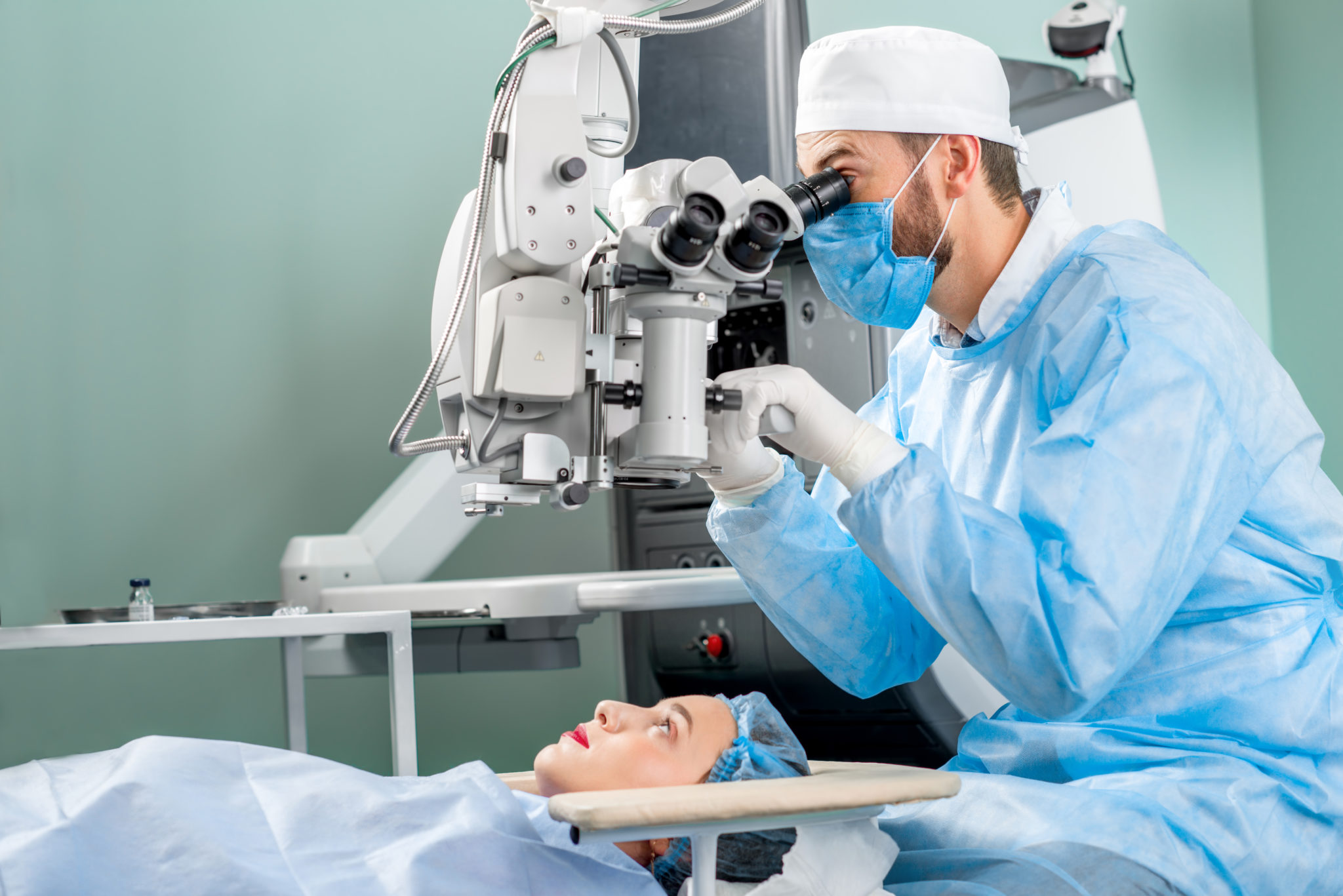Right Clinic helps you find top rated clinics with comprehensive aftercare programmes to help make sure that your surgery is successful for the long term.
Refractive lens exchange typically is for people with presbyopia or extreme farsightedness, for whom LASIK, PRK or phakic IOL surgery generally are not suitable.
The procedure for refractive lens exchange is virtually identical to cataract surgery. The difference is that in RLE, the lens being replaced is clear, rather than a cloudy lens due to a cataract.
As in cataract surgery, two types of IOLs are available to replace your natural lens, depending on your vision needs and the health of your eyes. They are:
Monofocal fixed-focus IOLs.
lenses provide clear vision at distance, intermediate or near ranges — but not all three at once. (Toric IOLs to correct astigmatism also are classified as monofocal IOLs.)
Multifocal IOLs. A multifocal lens provides clear vision at multiple distances.
Depending on the clinic and specific lens replacement technique used you can expect to pay around £3,000 – £4,000 per eye for multifocal or trifocal lenses. Some clinics offer a free initial consultation but some charge between £200 – £300.














